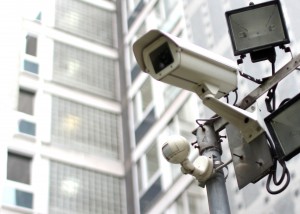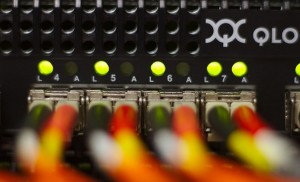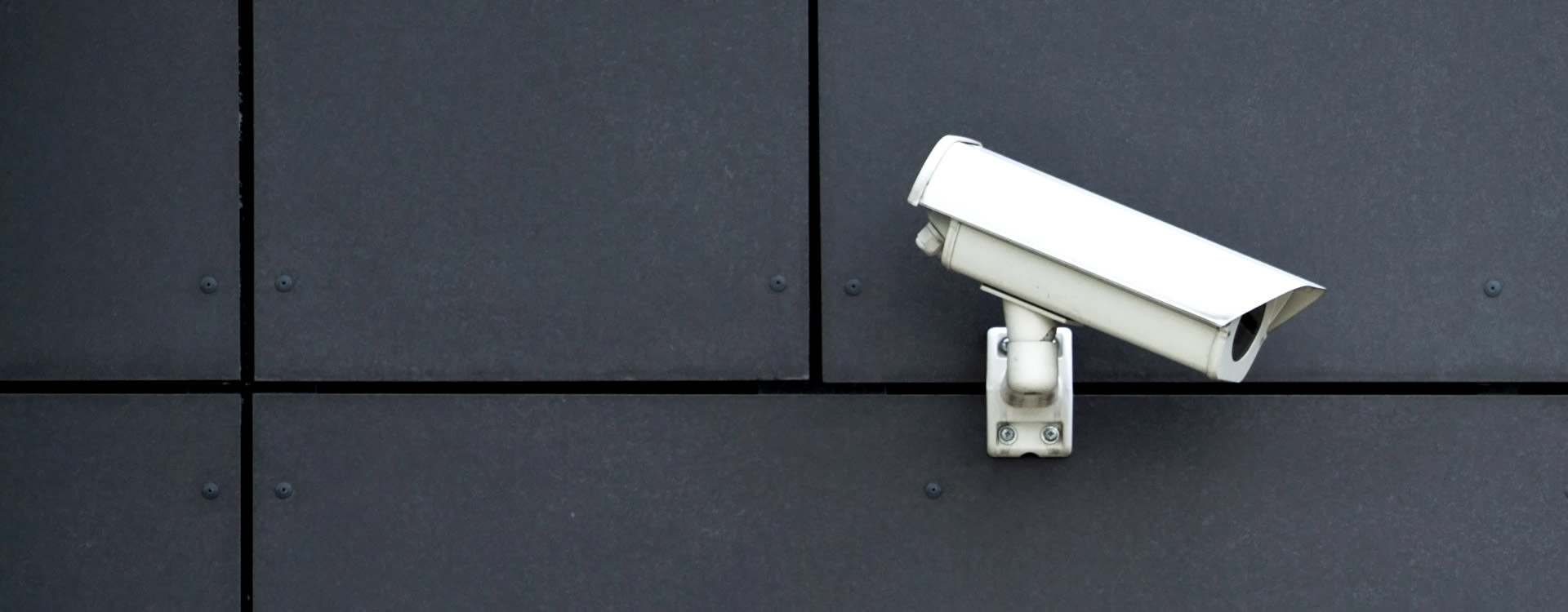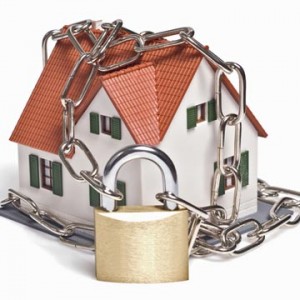 The key components to a comprehensive business security system includes fire alarms, burglar alarms, access control, alarm monitoring, and last but not least video surveillance. That’s what this post will be focusing on. The development of video surveillance, its benefits, and where is it going in the near future. At Perfect Connections, Inc. we provide comprehensive security systems to businesses in Northern and Central New Jersey. Our experts understand the benefits of solid surveillance equipment, and always keep abreast the technological advancements being made in that arena.
The key components to a comprehensive business security system includes fire alarms, burglar alarms, access control, alarm monitoring, and last but not least video surveillance. That’s what this post will be focusing on. The development of video surveillance, its benefits, and where is it going in the near future. At Perfect Connections, Inc. we provide comprehensive security systems to businesses in Northern and Central New Jersey. Our experts understand the benefits of solid surveillance equipment, and always keep abreast the technological advancements being made in that arena.
Where did it all start?
It may not be on everyone’s mind on a daily basis, but in today’s society video surveillance is actually an integral part of our everyday lives. From ATM machines, to traffic lights, to drones, cameras seem to be everywhere. To understand where the concept for video surveillance came from, we have to look at the history and development of video cameras. Traveling back in time the first movie cameras were developed in 1880 by Thomas Edison and William Dickson. As a result the first motion picture demonstration took place in 1893. Into the 20th century camera development continues to move swiftly with Closed Circuit Television (CCTV) in Germany used for bomb monitoring in 1942. Charge-coupled device (CCD) technology in 1976 allowed for 24 hour surveillance because of its ability to work in low light. Skip forward to 1996 and you have the birth of the Internet Protocol (IP) camera. The IP cameras allow the sending and receiving of information across computer networks.
This ever-changing technology and various historic events, such as 9/11, have made video surveillance in public and private spaces ubiquitous worldwide. As pervasive and helpful as it can be in a protective sense it remains a controversial topic for some. The idea that government drones can stealthily record information on American citizens is a surveillance technique that does not sit well with some. What are your thoughts?
What are the benefits of video surveillance?
By installing a surveillance system you are adding a layer of protection for your business you can’t get anywhere else. We know you can’t be in more than one place at a time, but a surveillance system gives you eyes throughout your entire facility at all times. This helps curb issues such as employee theft. If employees know they’re being recorded, they’re less likely to misbehave. An economical benefit to a security system with surveillance is potentially saving money on your insurance. Many companies offer a discount for having a comprehensive security system (to figure out if you qualify contact your insurance provider directly). If you own a retail business you know shoplifting is an ongoing issue. The benefit of having recorded footage in retail is even if it doesn’t prevent the act of shoplifting, it can help catch the perpetrators. Surveillance can help prevent workplace violence by monitoring employee/customer behavior. Lastly, it’ll provide you with added peace of mind knowing you’re employees and business are being monitored.
Where is surveillance going?
As we’ve seen throughout history, technology has been a driving force in the development and advancement of video surveillance. Moving forward some industry professionals believe the next drive for security cameras is making their integration and functions easier for the end users. Some believe it’s all about upping the resolution factor. While higher megapixels would offer better and clearer images, it seems to be slow on the uptake because of the associated cost. Lastly, analytics is an emerging trend in surveillance systems, yet some still question it’s viability due to not only its cost but effectiveness. Aside from analytics that can people-count there is technology in the works that can supposedly detect individual aggression. How effective this feature can be is still up for debate among industry professionals. As technology pushes forward, camera development and integration will no doubt continue to change; how it will change us as a society, nobody knows.
If you own a business in Central or Northern New Jersey and are in need of a security system, looking to update your current situation, or unsure of where to begin do not hesitate to call on our team of professionals at Perfect Connections, Inc.. As security systems experts, our team has been providing service since 1992. We believe in providing comprehensive security systems that include video surveillance, access control, fire alarms, burglar alarms, and alarm monitoring. We are always keeping up with technology that is beneficial to our customers. System maintenance and installation should be seamless, as should updates and integration.
If you live in Central or Northern New Jersey and would like information on any of the topics discussed above, please call 800-369-3962 or simply CLICK HERE.
Image Credit: Image By Christian Schnettelker-Flickr-Creative Commons
 s a vital role in any comprehensive security system. It helps authorities catch criminals and provides helpful insight into your business operations by collecting and analyzing data on a daily basis. Where and how is all of this visual and analytical data being “collected?” That is the ever pressing question for system integrators and end-users alike. Storing surveillance data can be as important to the efficiency of your security system as having the surveillance equipment itself. We are catapulting ourselves into the future with the constant evolution of technology in all aspects of life including security system components, and surveillance storage solutions are no exception, but not all are created equal.
s a vital role in any comprehensive security system. It helps authorities catch criminals and provides helpful insight into your business operations by collecting and analyzing data on a daily basis. Where and how is all of this visual and analytical data being “collected?” That is the ever pressing question for system integrators and end-users alike. Storing surveillance data can be as important to the efficiency of your security system as having the surveillance equipment itself. We are catapulting ourselves into the future with the constant evolution of technology in all aspects of life including security system components, and surveillance storage solutions are no exception, but not all are created equal.




 Comprehensive security systems are what help maintain a safe and secure work environment or home. As a consumer it is in your best interest to hire a systems integrator with experience, knowledge, and know-how, but how do you tell the good from the “just okay” or bad? Any company can spout off how many years experience they have or jobs they’ve completed, that doesn’t really give you much insight into how they operate and solve problems.
Comprehensive security systems are what help maintain a safe and secure work environment or home. As a consumer it is in your best interest to hire a systems integrator with experience, knowledge, and know-how, but how do you tell the good from the “just okay” or bad? Any company can spout off how many years experience they have or jobs they’ve completed, that doesn’t really give you much insight into how they operate and solve problems.